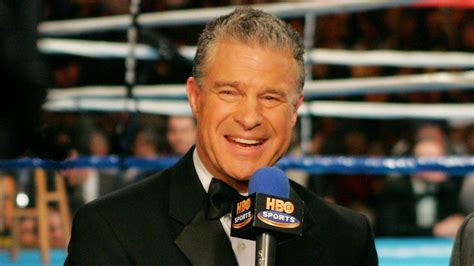A Quote by Amitava Kumar
'An Obedient Father' is perhaps the novel that, some might say, Arundhati Roy had wanted to write when she wrote 'The God of Small Things.'
Related Quotes
'Band Played On' is a good one. Barbara Orbison, who was Roy's wife, was involved in publishing in Nashville because she oversaw Roy's publishing, and she had a company in Nashville. She had a whole bunch of writers assembled, and they got together every day and wrote, and they write for everybody in Nashville.
Objectifying your own novel while writing it never really helps. Instead, I guess while you're writing you need to think: This is the novel I want to write. And when you're done you need to think: This is what the novel I wanted to write feels like and reads like and looks like. Other people might call it sweeping or small, but it's the book you chose.
I always was interested in prose. As a teenager, I published short stories. And I always wanted to write the long short story, I wanted to write a novel. Now that I have attained, shall I say, a respectable age, and have had experiences, I feel much more interested in prose, in the novel. I feel that in a novel, for example, you can get in toothbrushes and all the paraphernalia that one finds in dally life, and I find this more difficult in poetry.
She said she’d often wondered why she wanted to do some things and not do other things at all. Well, it was obvious with some things, but for others, there was no reason there. She’d spent a long time puzzling it out, then she thought that what you’d done in a past life you didn’t need to do again, and what you had to do in the future, you wouldn’t be ready to do now.
I think my mother became the muse because she had everything when she was in Hollywood: she had the marriage, the success, the money, all the films she wanted to do and yet even her, she had a longing and wanted to work with a film that had meaning, something more profound. And I think that was very touching to father.
Some say Christianity is just a crutch. But let's turn the question on its edge for a moment. Is atheism an emotional crutch, wishful thinking? The ax cuts both ways. Perhaps atheists are rejecting God because they've had a bad relationship with their father. Instead of inventing God, have atheists invented non-God? Have they invented atheism to escape some of the frightening implications of God's existence? Think about it.
When Cath's eyes closed, her eyelids stuck. She wanted to open them. She wanted to get a better look at Levi's too-dark eyebrows, she wanted to admire his crazy, vampire hairline--she had a feeling this was never going to happen again and that it might even ruin what was left of her life, so she wanted to open her eyes and bear some witness.
I would argue, for perspective's sake, that the arc of a really literary work is precisely that it both intensely reflects, and simultaneously transcends the conditions of its making. I would say that is the difference between literature and other kinds of writing. That is what the literary is - it ultimately doesn't matter what his circumstances were. And the thing that you were just saying about being sympathetic to Brontë and the fact that she could only write what she wrote when she wrote it... that's true. But look at that novel, which means so much to so many people.
You could say I'd rewritten the same novel three times and I thought I had to move on. The success of the book, and then the movie, had by then also created a commercial expectation and I remember touring America and seeing people in the audiences who I thought might not want to read the books I wanted to write next. My constituency had become broader, but more mysterious to me.





































